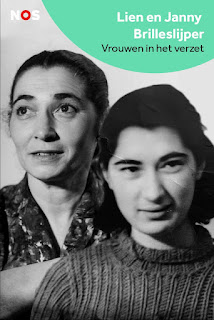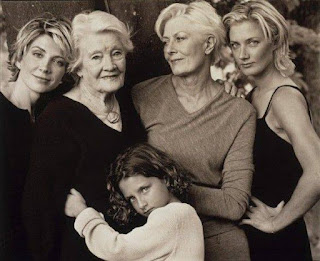Initially I noticed with some cynicism how this memoirs came hot on the heels of Streisand's own autobiography - but than found out that both ladies have been preparing their story for a long time, so it just looks like coincidence. This has to do more with publishers than subjects themselves. Another thing is, this is not the first time Cher publishes her memoirs: back in 1998 there was a slim volume titled "The First Time" where each chapter talked about certain anecdotes from her life - a bit disappointing and reserved glance at life that must have been much more substantial. This two-volume autobiography is much, much more detailed and definitely involved some ghost writers as lady herself confirms that she is a lifelong dyslexic - still, it has her recognisable style and speech, though probably edited and cleaned up.
The start of the book, that deals with her childhood and upbringing is a bit long-winded (I just couldn't remember who is who in a large, dysfunctional family full of strong women and inconsequential lovers, husbands and partners who drift in and out of the story) and although it obviously means a lot to her, it kind of drags for casual readers like me. But once she meets Sonny Bono, the book just explodes and everything starts happening - early days as back up singer on Phil Spector classics, chart topping success with "I Got You Babe", jet setting life of the 1960s, casual name dropping (Bob Dylan, Mama Cass and Joni Mitchell come in and out of the story), TV show that cemented their fame but ultimately destroyed their private life and the early attempts to break into acting - the book ends just when Cher for the first time gets a nerve to move to New York and seriously give acting a try.
I enjoyed the book a lot - was planning to leave it for 2025 but one day got stuck at work as my replacement did not show up and had to continue extra shift trough the night until the morning, so while waiting there, I started reading it and it was in many ways even more interesting than Streisand. While Streisand's achievements were more spectacular, her book is somehow too exhausting, detailed and humourless - she still clings to the old grudges and remembers who discouraged her decades ago. Cher does not dwell on that - she casually mentions some incidents where auditions almost went all wrong but owns her decisions. What I got from these memoirs is how subjective the whole notion of success is - what appeared as a glamorous life of a wealthy TV superstar (who also happened to have big hits as a music artist) was genuinely less achievement for Cher herself, who noted what her friends and contemporaries were doing at the same time - Copolla with his "Godfather", Carole King, James Taylor and Stevie Wonder were at the peak of their powers and while Cher's own TV show had eclipsed even "The Wonderful World of Disney" which no one has been able to do earlier, the TV comedienne personae did not really bring her respect. I expect the validation will come in the next volume, where she finally turns to acting - though I must note that simple fact that she always took great care of her looks, somehow overshadowed everything else. No wonder that the first time people actually paid attention to her acting happened when she appeared on a screen without make-up in "Silkwood" - the glitzy, Bob Mackie dressed showbiz image is simply too strong and it might be the one thing people will remember about her.



































